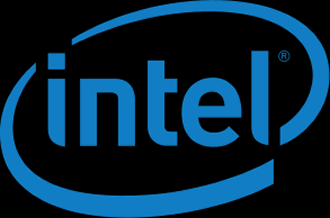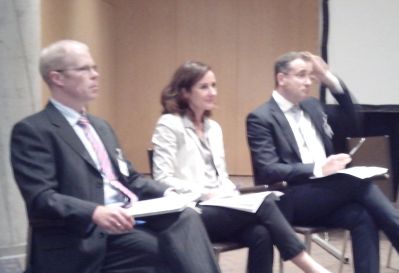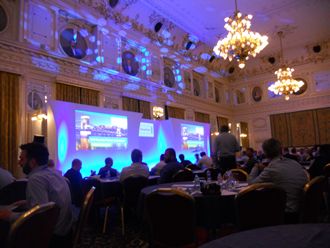 Ten years ago, the very word Dell was enough to send VARs, VADs and, let’s face it, the rest of the channel into streams of invective, punctuated by words you wouldn’t want your nan to hear you speak. Like the expletive “direct sales”, for example.
Ten years ago, the very word Dell was enough to send VARs, VADs and, let’s face it, the rest of the channel into streams of invective, punctuated by words you wouldn’t want your nan to hear you speak. Like the expletive “direct sales”, for example.
But, it seems, everything has changed and now Dell loves the channel and, incredibly, the channel seems to love Dell too. Channel Eye took time out from our incredibly stressful schedule to spend a day at a security partner reseller conference in Budapest and got to chat to several senior executives and resellers too, for that matter, who spelled out the sea changes that have happened at the Round Rock company.
While Dell is still seen by many as the PC tin maker that put the wind up conventional and indirect players like HP and the rest, it’s made a number of acquisitions in the last few years that mean the barque is now being steered in an entirely different direction. Those include SonicWALL, Quest and others.
The changes have been engineered at the highest level – that is to say by Michael Dell himself – with the assistance of senior exec Cheryl Cook. Unbelievably for an old channel hack like me, 32 percent of Dell’s business now goes the indirect route, worth an estimated $20 billion of revenue, under the umbrella of Partner Direct.
Channel Eye interviewed senior members of the EMEA channel team, including Andy Zollo and Marvin Blough – executive director of Dell’s worldwide channels and alliances. We also had the opportunity to talk to Patrick Sweeney, executive director of product management at the corporation.
Sweeney said: “Dell is in the process of becoming an end to end supplier of scalable systems. Dell continues to build PCs, but relies on value added resellers (VARs) to be trusted advisors [to customers].” He said that Dell is now a serious player in software and security and offers products that he claimed favourably compete with the likes of Cisco, Fortinet and others. The company, he said, invests heavily in R&D, has a wide breadth of products and the idea of Dell as a major player in security and software is promoted by Michael Dell himself when he makes major announcements.
In fact, Dell has something like 124 VARs in the EMEA region. The trend is that larger companies have started to rely on VARs to help them through the IT maze, whether that be in the cloud, in big data, or in security. Florian Malecki, who is the international product marketing director at Dell, said his company also relies on value added distributors (VADs) to generate events and training schemes.
How does it all work? Under the Dell umbrella of Partner Direct, the company operates certification for its channel partners at different levels, said Zollo. The tiers are premier partners, preferred partners and registered partners, but, he said, Dell is about to introduce a fourth category – managed service providers (MSPs). Dell continues to roll out partnership initiatives and concedes that while it still has direct customers, the trend is to move towards an indirect model to allow it to penetrate different markets. It’s impossible to operate a direct model in the many markets it now plays in.
Zollo says that the company has a “direct touch” sales team that cross sells all the products it has – and this umbrella model means that Dell GCC is able to operate across a wide area of customers and partners.
Who would have thought it? Dell was once a company that wouldn’t even talk to channel publications like ours. But it looks as if it will be talking to us more and more in the future. It relies on its VARs and its VADs for deep levels of specialisation, training and support.
We guess that HP must be gazing at all of this with quite some alarm. And Lenovo, for that matter.
 Chipmaker Intel has written a $144,000 cheque to make the US Federal Communications Commission watchdog stop snapping at its heels.
Chipmaker Intel has written a $144,000 cheque to make the US Federal Communications Commission watchdog stop snapping at its heels.


















